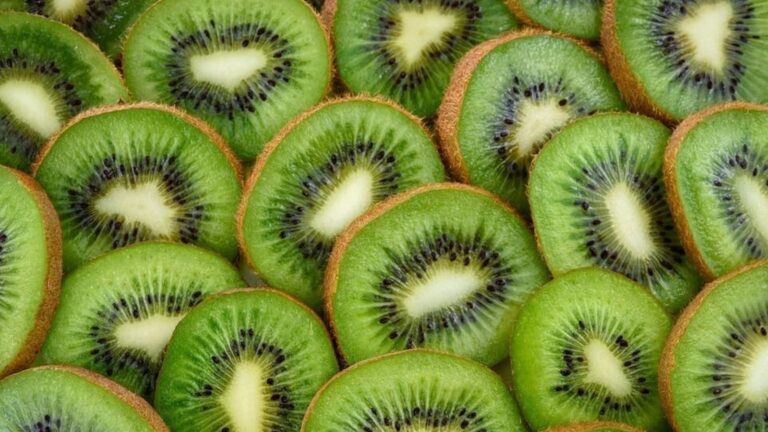Kiwifruit has been proven to be a powerful mood enhancer, and new research from the University of Otago shows how quickly its effects can be felt.
In a study published in the British Journal of Nutrition, researchers found that the furry fruit improved energy and mood in just four days.
Co-author Professor Tamlyn Connor, from the Department of Psychology, said the findings provide a concrete and accessible way for people to maintain their mental health.
“It's great for people to know that making small changes to their diet, such as adding kiwifruit, can change how they feel every day.”
Also read: Vitamin C deficiency can lead to health problems such as:How to improve your intake
I'm currently using WhatsApp.Click to join
Vitamin C intake is associated with improved mood, energy, and well-being, and reduced depression, and vitamin C deficiency is associated with increased depression and cognitive impairment.
However, Professor Connor says there is limited research assessing how quickly mood improvements occur after taking vitamin C supplements or whole foods.
Researchers aimed to fill that gap with an eight-week dietary intervention in 155 adults with low vitamin C levels.
Participants took either a vitamin C supplement, a placebo, or two kiwifruits each day. They then used a smartphone survey to report their energy, mood, vitality, sleep quality, amount of sleep, and physical activity.
Researchers found that consuming kiwifruit improved energy and mood within four days, peaking around days 14 to 16, and improving energy from day 14 onwards. Vitamin C, on the other hand, slightly improved mood by day 12.
Lead author Dr Ben Fletcher, who conducted the study as part of his PhD at the University of Otago, said understanding the nuances of when and how these effects occur on a daily basis could mean that the intake of vitamin C-rich foods and supplements could help. states that it contributes to knowledge of potential benefits. About mental health.
“This helps us understand that what we eat can affect our mood relatively quickly.
“The participants had relatively good mental health to begin with, so there was little room for improvement, but they still reported benefits from the kiwifruit and vitamin C interventions,” he says.
He added that while vitamin C tablets showed some improvement, the study highlights the potential synergistic effects of consuming whole foods like kiwifruit.
“We encourage a holistic approach to nutrition and health, incorporating a variety of nutrient-dense foods into our diets.”
Professor Connor said that in addition to the direct impact on individuals seeking to improve their mental health, this study introduces a new methodology to nutritional research.
“Using intensive smartphone surveys, we can understand day-to-day changes in mood-related outcomes in real time.”
This article has been published from a news agency feed without modifications to the text. Only the heading has changed.


